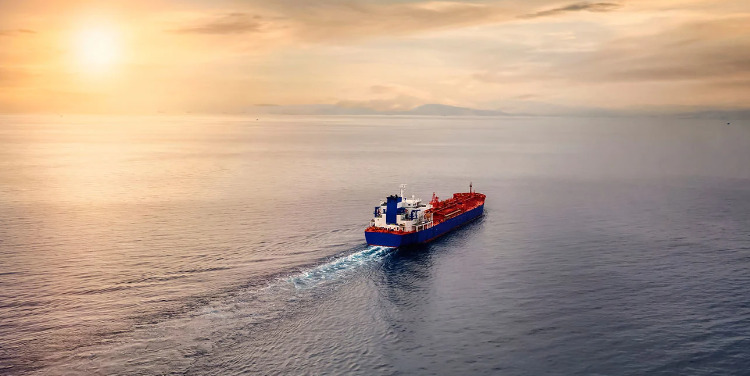According to Gard P&I Club, buying a vessel that has operated in the EU after 1 January 2025 may bring unexpected costs and buyers could end up with both a vessel and a penalty on their hands.
As explained by Oliver Goossens, Lawyer, Gard, so far most of the discussion on FuelEU has centred on a vessel’s fuel requirements and how shipowners can reduce their greenhouse gas (GHG) intensity.
However, because of the way in which penalties are imposed under FuelEU, the regulations will also have an impact on agreements to buy and sell vessels that have operated in the EU after 1 January 2025.
Issues to be aware of
According to Gard, to ensure that all penalties are paid even after a sale, the FuelEU regulations provide that, when there is a change of ownership of a vessel after 1 January 2025:
- The seller, or more accurately, the vessel’s Document of Compliance (DOC) holder, must register the vessel’s GHG intensity of consumption for the period from 1 January to the final date at which the seller had responsibility for operation of the ship.
- That information must be verified and recorded in the FuelEU database no later than 30 days after completion of transfer of responsibility.
- The monitoring plan must be modified without undue delay to reflect the change of DOC holder to the buyer.
- The buyer (or more accurately, the vessel’s new DOC holder) will take over and ultimately be responsible for the vessel’s GHG intensity for the entire calendar year during which the sale took place. This will include payment of any penalties for excess GHG intensity during the seller’s period of responsibility.
To remind, the FuelEU Maritime Regulation was adopted by the European Commission in December 2023 and sets the maximum limits for the yearly average greenhouse gas (GHG) intensity of the energy used by ships above 5,000 gross tonnage.





























































